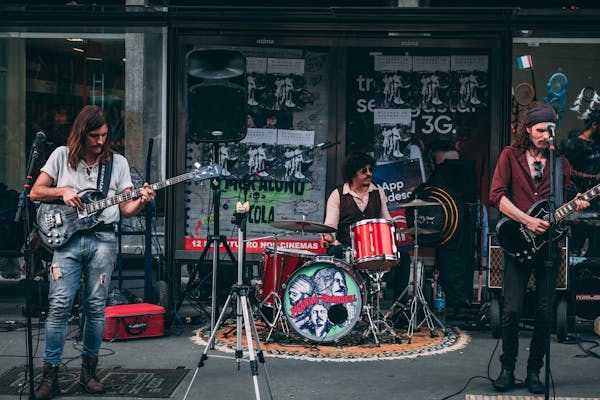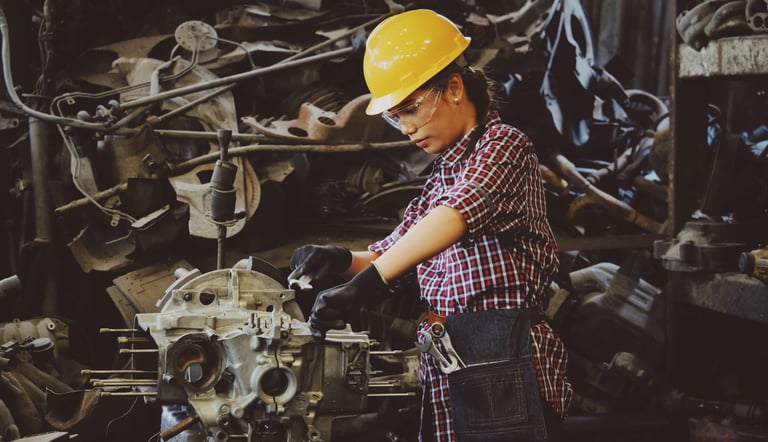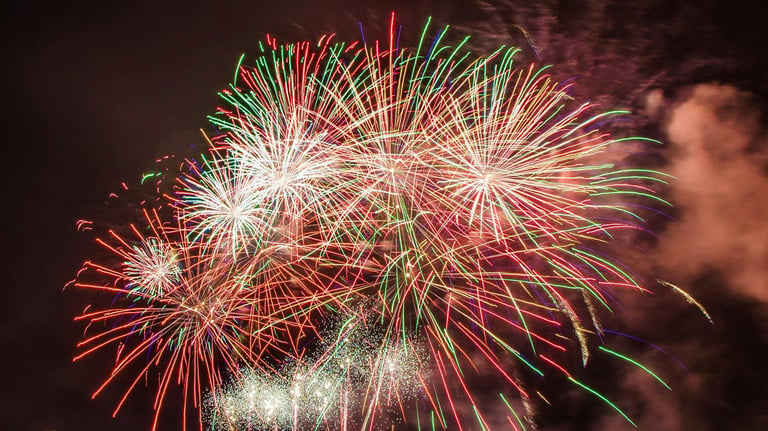Noise Trauma
Dr.Bharati Rijhwani
2/17/20252 min read
Noise Trauma is more common then we realize
Prolonged or intense exposure to amplified sounds in entertainment
Industrial noise exposure to workers in different industries
Sudden explosions, gunshots or firearms, equipment malfunctions






My post content
Exposure to extremely loud sounds or prolonged exposure to high intensity noise can cause
Temporary or permanent hearing loss
Ringing in the ears, and
other auditory disturbances
Noise trauma, often referred to as acoustic trauma or noise-induced hearing loss (NIHL), can occur in various industries where workers are exposed to high levels of noise, either from sudden, intense sounds or prolonged exposure to loud environments. Some industries known to pose a risk of noise trauma:
Construction: Workers in construction are frequently exposed to loud machinery such as jackhammers, drills, saws, and heavy equipment like bulldozers.
Manufacturing: Factories involving metalwork, woodworking, or textilesuse noisy equipment like presses, grinders, and looms. which over time can lead to chronic noise exposure and hearing damage
Mining: The mining industry generates intense noise as drilling rigs, explosives and heavy machinery is used
Transportation: Workers in aviation (e.g., ground crew near jet engines), trucking, and rail industries are constantly exposed to noise from engines, horns, and machinery. Airport workers, in particular, are at risk due to the extreme sound levels produced by aircraft takeoffs and landings.
Oil and Gas Extraction: Drilling rigs, pumps, and compressors used in this industry generate high-decibel noise, often in remote locations where sound can persist without much dissipation, posing a risk to workers’ hearing.
Military: Military personnel are frequently exposed to loud noises from firearms, artillery, explosions, and aircraft. This can lead to immediate acoustic trauma (e.g., from a blast) or cumulative damage during training and operations
Entertainment: Musicians, sound engineers, and crew at concerts or nightclubs often encounter amplified music exceeding safe levels (e.g., 100+ decibels). Even short-term exposure at these intensities can cause temporary or permanent hearing damage.
Shipbuilding and Maritime: Shipyards involve pneumatic tools, welding, and metal-on-metal impacts, creating noisy environments. On ships, engine rooms and machinery add to the risk for maritime workers.
Forestry: Chainsaws, wood chippers, and logging equipment produce high noise levels, often in outdoor settings where workers may not consistently use hearing protection.
All these industries can cause noise trauma through either sudden, high-intensity sounds leading to immediate damage, or prolonged exposure to noise above 85 decibels, which can result in gradual hearing loss.
The risk depends on factors like noise intensity, duration of exposure, and whether protective measures (e.g., earplugs or earmuffs) are used consistently or not
